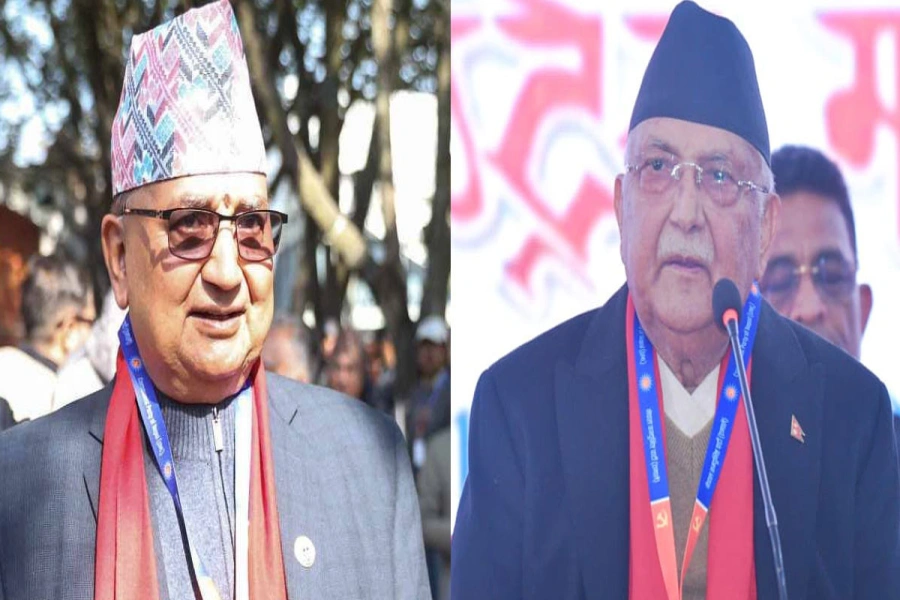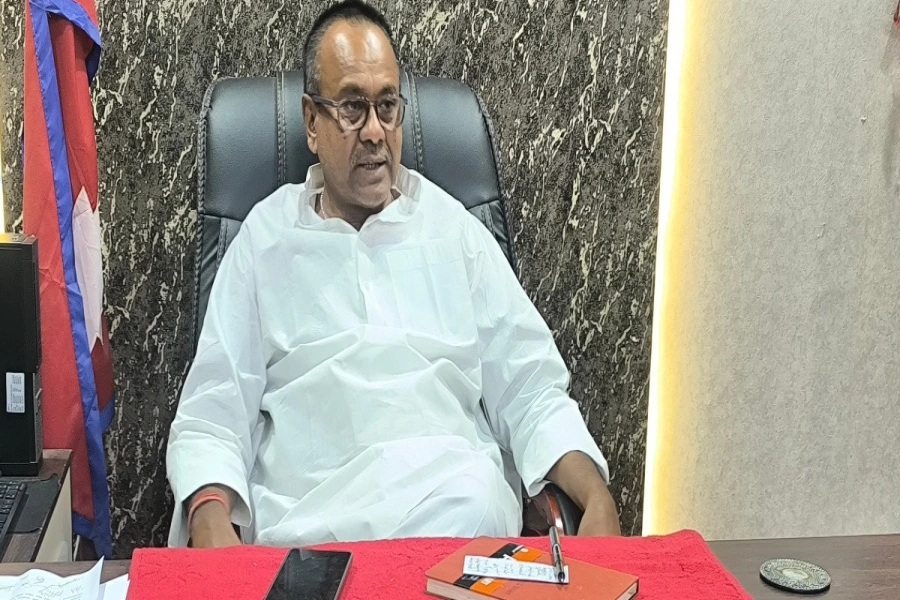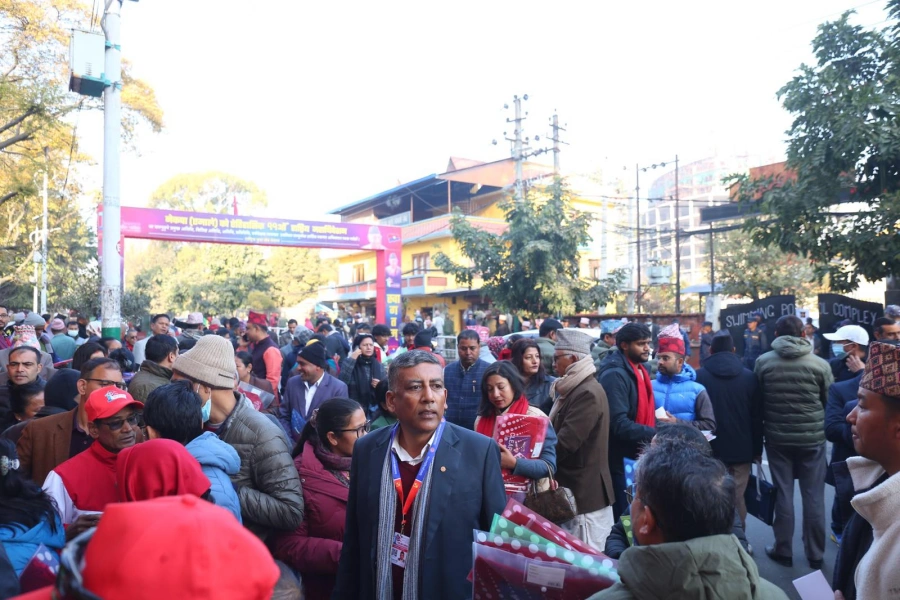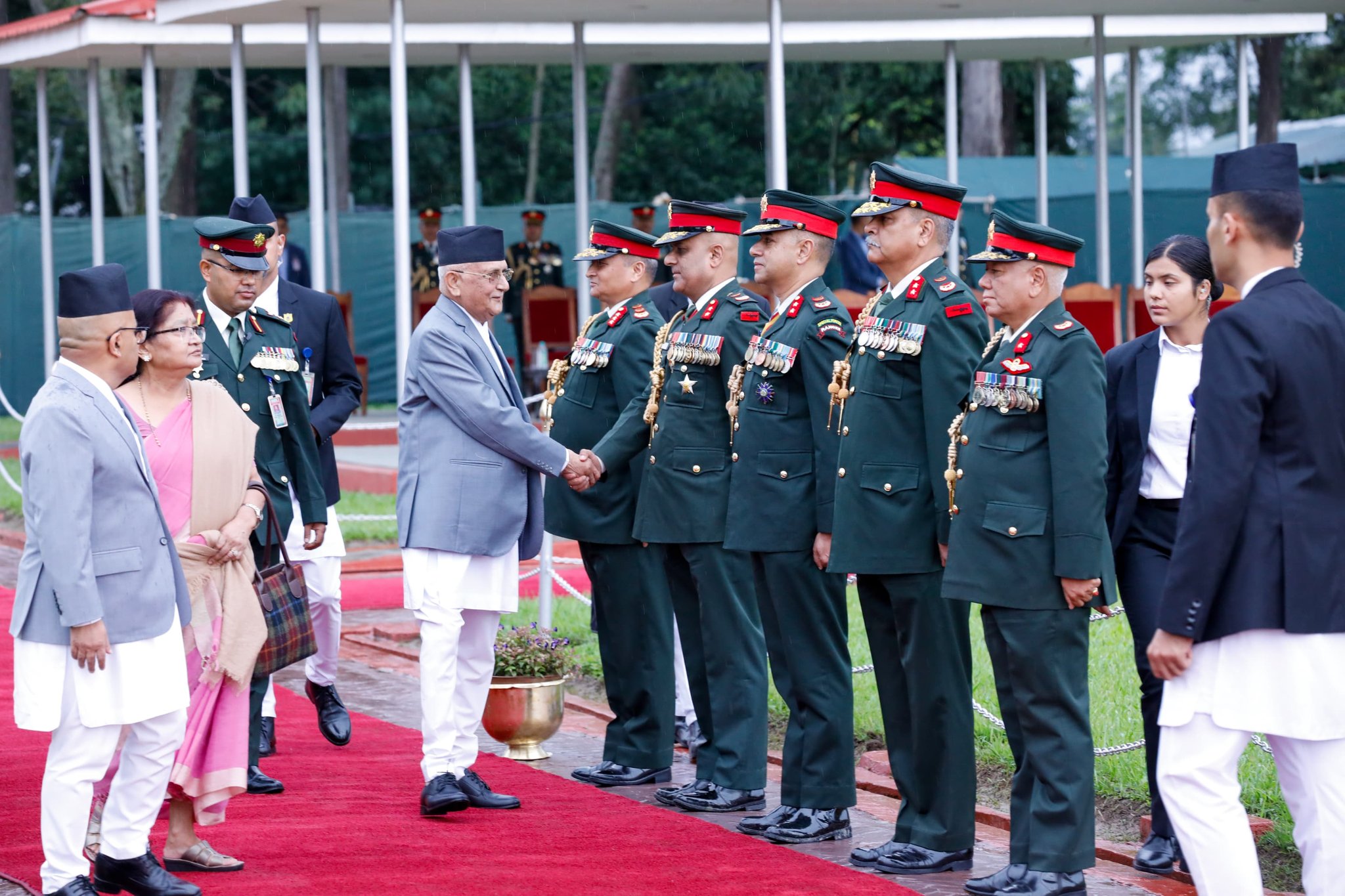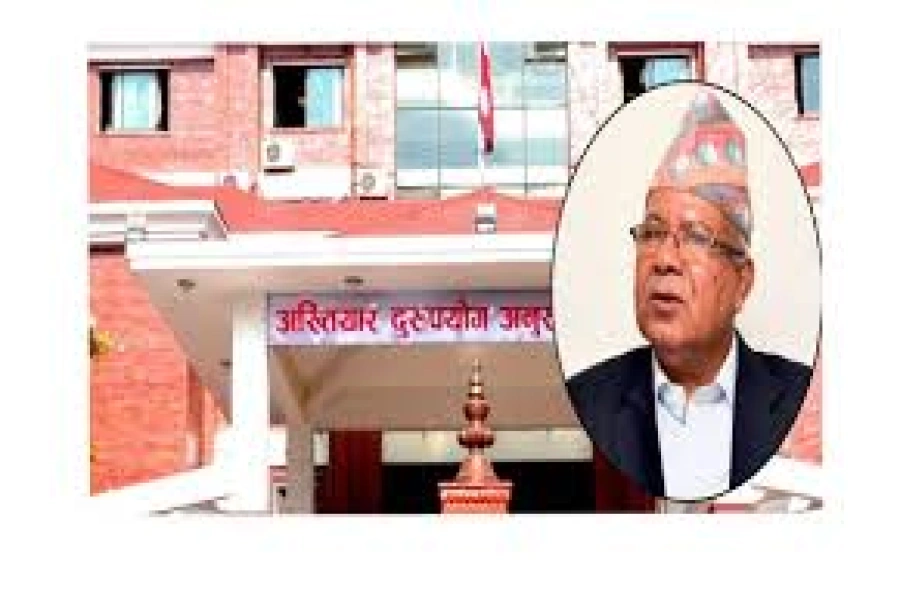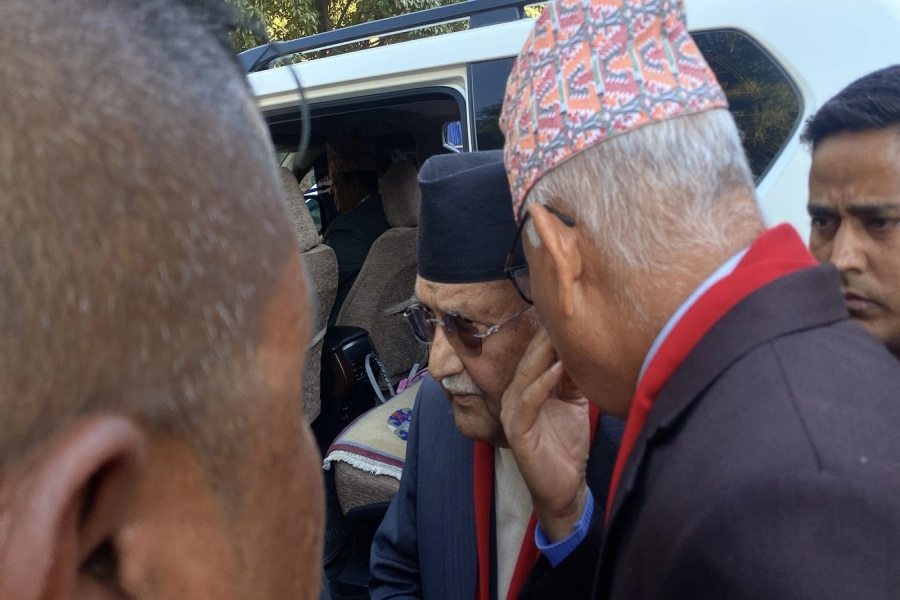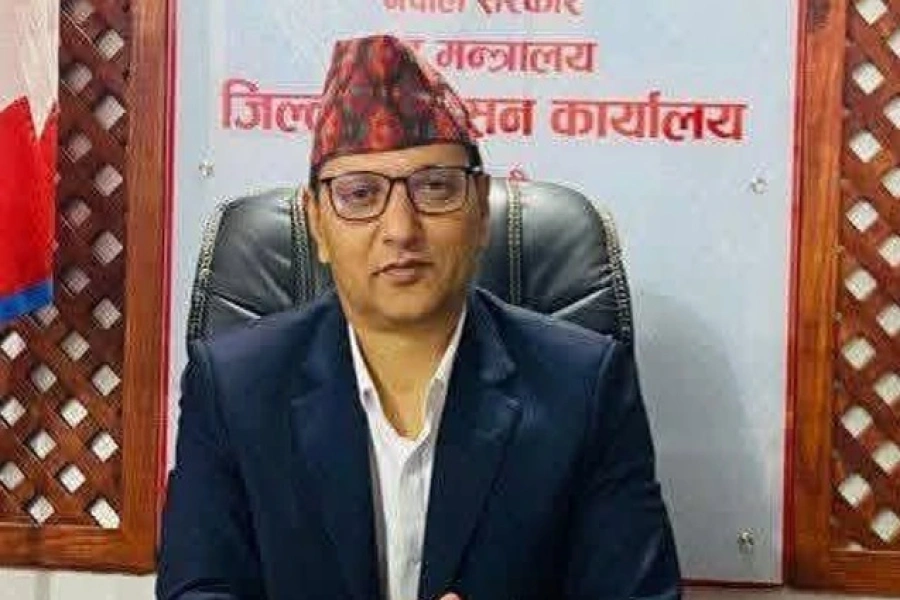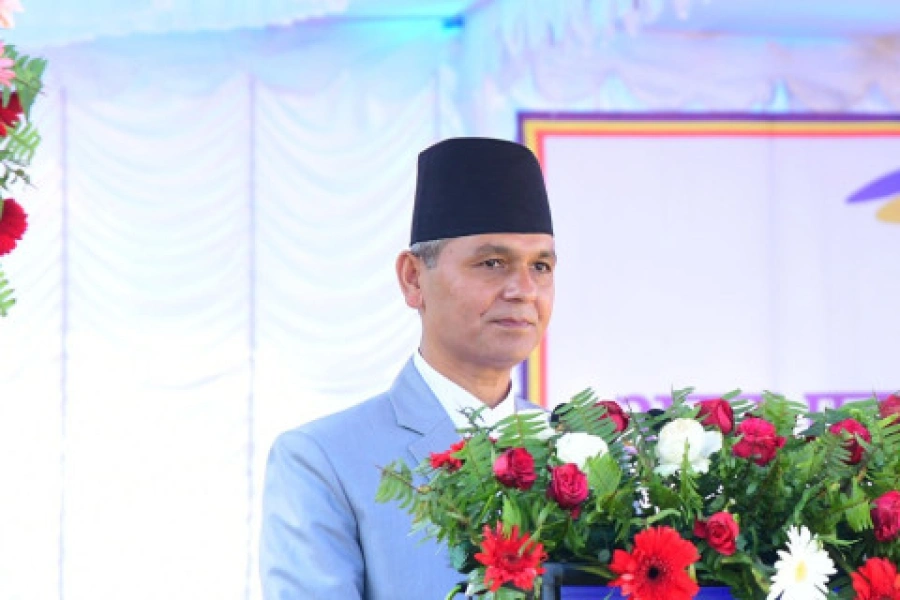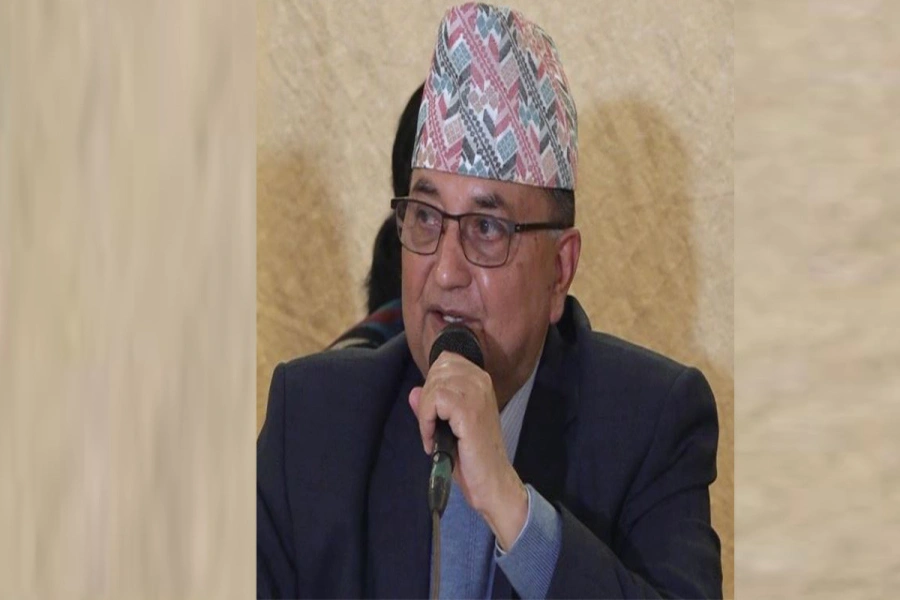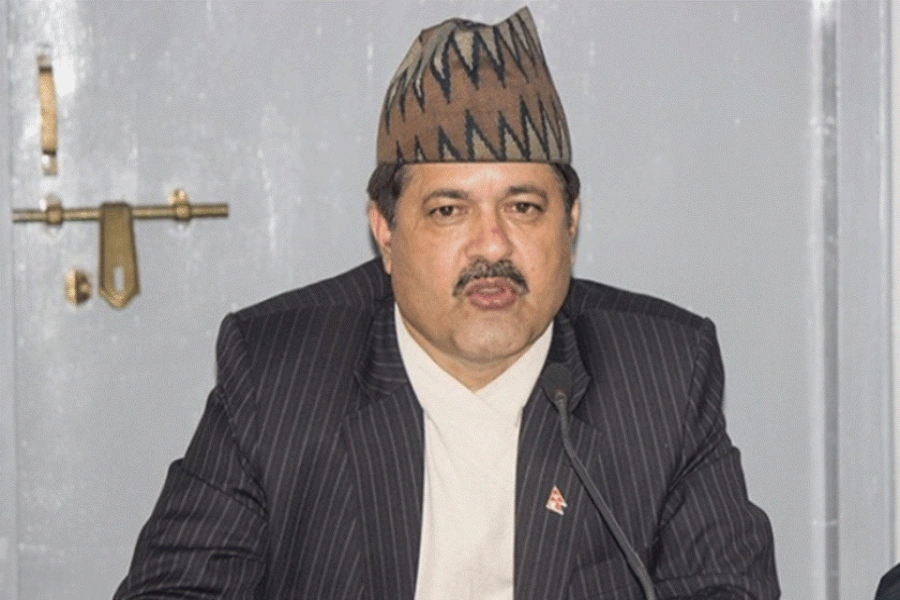KATHMANDU, July 27: The government's decision to restrict foreign travel as a cost-cutting measure is facing inconsistencies, with ministers and secretaries frequently disregarding the directive.
At present, several high-ranking officials, including Prime Minister Pushpa Kamal Dahal, Agriculture and Livestock Development Minister Dr. Beduram Bhusal, Minister of Physical Infrastructure Prakash Jwala, Minister of Energy Shakti Basnet, Secretary of the Ministry of Physical Infrastructure Keshav Sharma, and Member of the National Planning Commission Dr. Jayakant Raut, are on foreign tours.
Prime Minister Dahal embarked on a trip to Italy on Saturday to attend the United Nations Food System Summit, scheduled from July 24 to 26. The visiting team also includes Agriculture and Livestock Development Minister Bhusal and Prime Minister's daughter Ganga Dahal. Their return to Nepal is slated for Friday morning, according to Dahal's secretariat.
Govt completes adjustment of 56 secretaries, 662 joint secretar...

Physical Infrastructure Minister Jwala is leading a big delegation on a visit to Japan. Secretary Sharma from the Ministry of Physical Infrastructure and Minister's Personal Assistant Santosh BC are among the participants. The team also includes Director General of the Road Department Sushil Babu Dhakal and Deputy Director General Bijay Jaisi, as well as Bhuwan Adhikari, the head of the mechanical division under the road department, and Nabin Man Shrestha, the head of the tunnel project. Their objective is to study and observe the tunnel route in Japan. The team is scheduled to return on July 30, concluding a week-long tour.
Energy Water Resources and Irrigation Minister Shakti Bahadur Basnet is also currently on a foreign visit. He traveled to the United Arab Emirates (UAE) on Sunday to participate in an international meeting on solar energy. Basnet's foreign visit is expected to last about a week. Notably, Basnet was part of the visiting team during the Prime Minister's earlier visit to India.
The Ministry of Finance has admitted difficulties in accurately tracking the foreign travel plans of ministers and secretaries during the month of Asar (mid-June to mid-July). Ministry sources reveal that a significant number of foreign visits were undertaken for budgetary purposes and leisure, rather than for essential official commitments. In some instances, ministers and secretaries opted for foreign tours even when it was feasible to delegate the responsibilities to their subordinates.
During mid-June-mid-July, Deputy Prime Minister Narayan Kaji Shrestha returned from a visit to China, and another team led by the Deputy Prime Minister traveled to Oman in June. Similarly, Minister of Health and Population Mohan Bahadur Basnet, Minister of Industry, Commerce, and Supply Ramesh Rijal, Minister of Urban Development Sita Gurung, Minister of Labour, Employment, and Social Security Sharat Singh Bhandari, Minister of Youth and Sports Dig Bahadur Limbu, and others also embarked on foreign trips. These visits included participation in conferences, programs, and meetings held in various countries.
The allowance system for such foreign tours has been critiqued for its lack of clarity and potential misuse. According to current regulations, ministers receive a daily travel allowance of 250 US dollars, secretaries get 225 US dollars, and joint secretaries receive 175 US dollars. Lower-level staff often have their expenses covered by organizers, while joint secretaries and secretaries are sponsored by the government for official visits. It has been estimated that a one-week visit typically costs 5,000 US dollars for joint secretaries and secretaries and 10,000 US dollars for ministers.
Former Chief Secretary Dr. Bimal Koirala raised concerns about the frequency of foreign visits by ministers. He argued that except for crucial annual programs involving organizations like the United Nations, the World Bank, and the Asian Bank, as well as for finalizing bilateral aid agreements, there is little necessity for the Prime Minister and ministers to travel abroad. Dr. Koirala emphasized the need for fiscal discipline and urged officials to prioritize essential foreign engagements to ensure cost-effectiveness.




